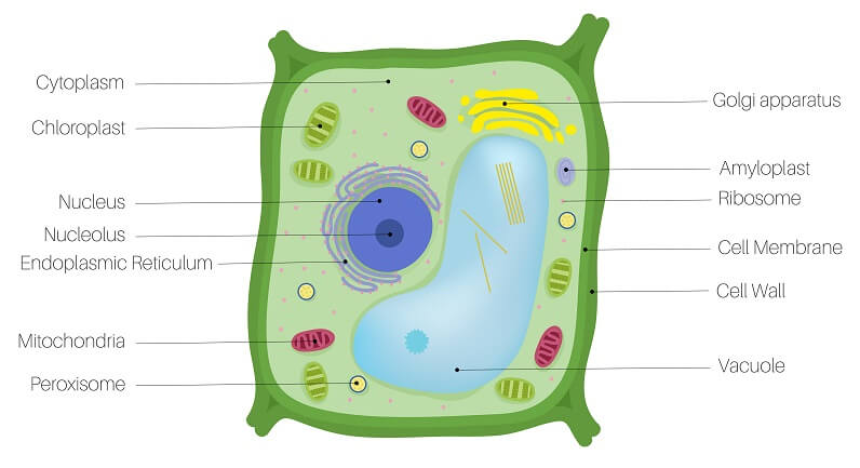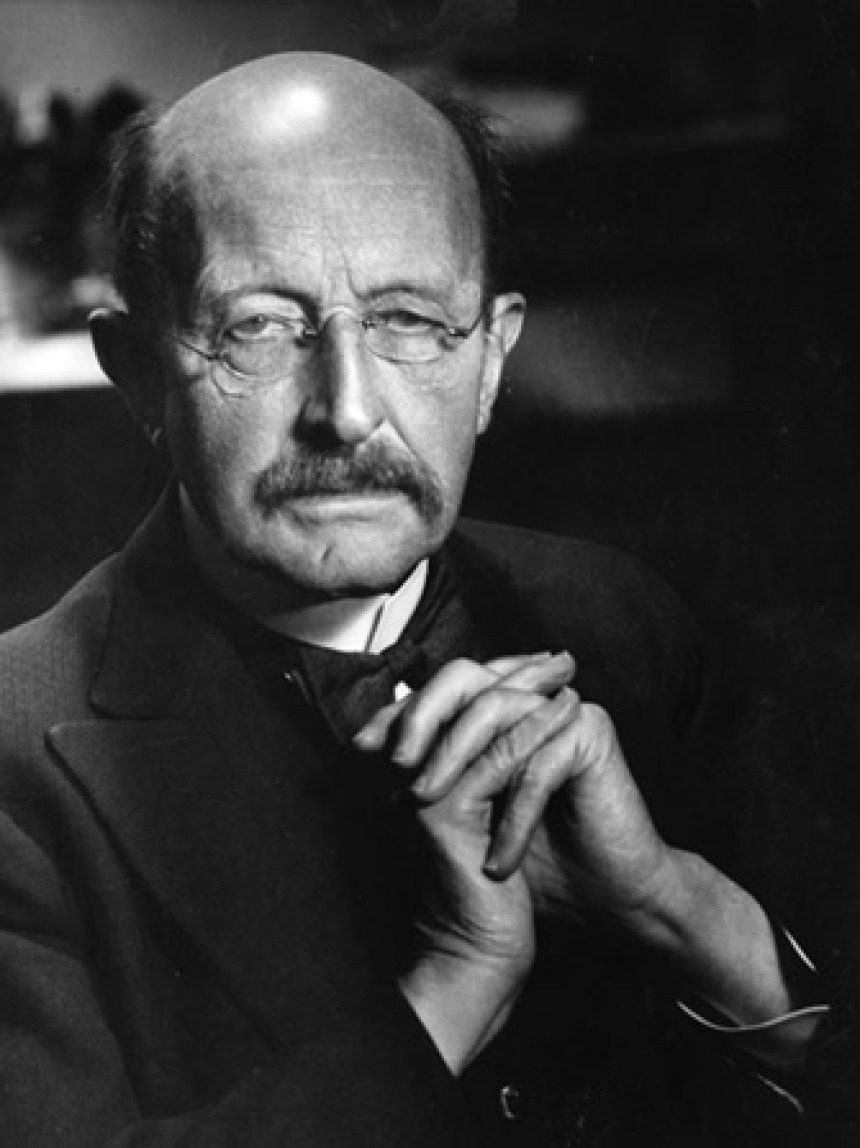
Plant Cells
Plant Cells: The Building Blocks of Plant Life
Plant Cells: The Building Blocks of Plant Life
As you look out into nature, you will notice the vast variety of plants that exist in our world. Have you ever wondered what makes up these incredible living organisms? Plants are made up of millions of tiny building blocks called plant cells. In this blog, we will explore the fascinating world of plant cells and discover why they are crucial to the survival and growth of plants.
What are Plant Cells?
Plant cells are the basic structural units of plants. Just like how bricks are used to build a house, plant cells come together to form the different parts of a plant, such as the leaves, stems, roots, and flowers. These cells are unique compared to animal cells, as they have a rigid cell wall surrounding the cell membrane, providing them with extra support and structure.
The Main Components of a Plant Cell
Plant cells have various organelles, each with a specific role in the cell's functioning. Let's take a closer look at the main components:
- Cell Wall: The cell wall is the outermost layer of a plant cell. It is primarily made up of cellulose, a sturdy substance that gives structure and rigidity to the cell, helping it maintain its shape.
- Cell Membrane: The cell membrane is a thin outer layer that surrounds the cell. It controls the movement of substances in and out of the cell, allowing nutrients to enter and waste products to exit.
- Chloroplasts: Chloroplasts are responsible for photosynthesis, the process by which plants convert sunlight into energy. They contain a green pigment called chlorophyll, which captures light and helps produce glucose, the plant's food.
- Nucleus: The nucleus acts as the control center of the cell. It contains the plant's genetic material, DNA, which carries all the instructions needed for the cell to function and grow.
- Vacuole: The vacuole is a large, fluid-filled sac within the cell. It stores water, nutrients, and waste products, providing structural support and regulating the cell's internal environment.
The Importance of Plant Cells
Plant cells play a vital role in the well-being of plants and our ecosystem. Here are a few reasons why plant cells are important:
- Photosynthesis: Plant cells are responsible for photosynthesis, which is essential for converting sunlight into energy. This process not only provides energy for the plant but also produces oxygen, which is crucial for all living organisms on Earth.
- Structural Support: The cell wall in plant cells gives them the needed rigidity to withstand external forces, such as wind, rain, and gravity. It also helps maintain the shape and structure of the plant.
- Nutrient Storage: The vacuole within plant cells stores essential nutrients, helping the plant survive during periods of scarcity or unfavorable conditions.
- Reproduction: Plant cells enable plant reproduction through the production of spores or seeds. These cells contain the genetic information required for the growth and development of future plants.
Conclusion
Plant cells are the fundamental building blocks that make up the diverse range of plants we see around us. They have unique structures and organelles that allow them to carry out essential functions, such as photosynthesis and nutrient storage. Understanding plant cells is crucial for understanding the importance of plants in our ecosystem and their impact on our daily lives.
Frequently Asked Questions
1. Can plant cells live without cell walls?
No, plant cells require cell walls for support and structure. Without cell walls, the cells would not be able to maintain their shape and function properly.
2. How do plant cells differ from animal cells?
Plant cells have a cell wall, chloroplasts, and larger vacuoles, while animal cells do not. Animal cells also have centrioles, which plant cells do not possess.
3. Are all plant cells the same?
No, plant cells can vary in structure and function depending on their location and role within the plant. For example, leaf cells have chloroplasts for photosynthesis, while root cells are involved in nutrient absorption.
4. Why are chloroplasts important in plant cells?
Chloroplasts are crucial in plant cells as they carry out photosynthesis, producing glucose (food) for the plant and releasing oxygen into the environment.
5. Do plant cells have a nucleus?
Yes, plant cells have a nucleus that contains the DNA, which acts as the cell's genetic material and controls its functioning.





